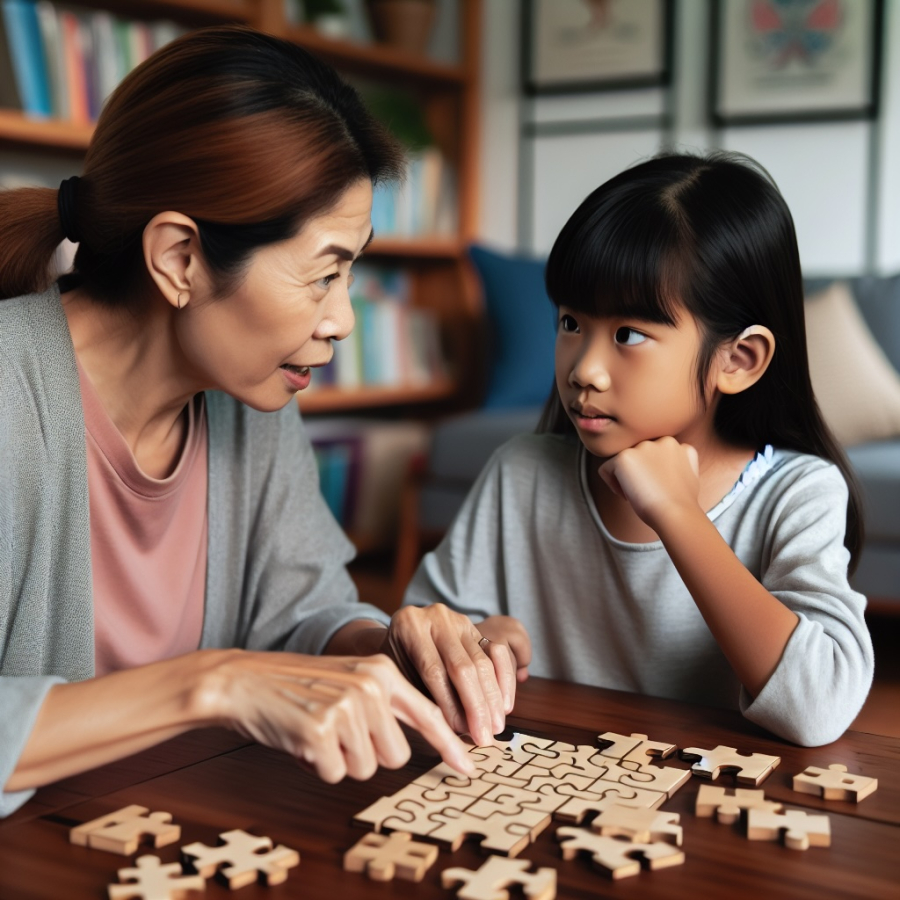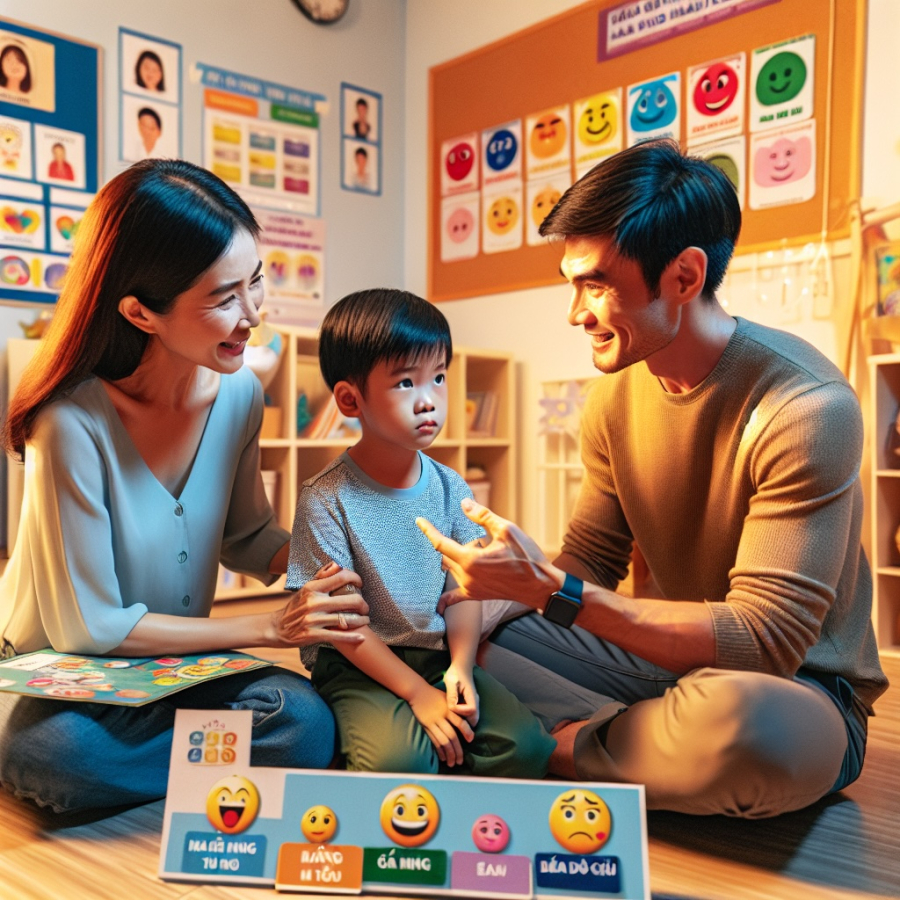Critical Thinking and Problem Solving
Encouraging children to develop critical thinking and problem-solving skills is crucial, as it enables them to evaluate information and make informed decisions. Critical thinking allows children to think independently, analyze rigorously, and consider diverse perspectives to approach and solve challenges creatively. Activities such as puzzles and debates foster these skills, helping children become confident and adaptable in any situation.

Emotional Intelligence and Empathy
In an increasingly connected world, emotional intelligence and empathy are key to building meaningful relationships and effective communication, playing a crucial role in achieving personal happiness. Emotional intelligence helps us understand and manage our own emotions as well as comprehend and influence the emotions of others.
For children, this includes learning to harmonize and express emotions in a healthy way. Empathy enhances the ability to share and understand the emotions of others, creating connection and underlying trust.
In the modern age, it is crucial to develop these skills in children through activities such as self-reflection and open communication, equipping them with the necessary tools to succeed in a diverse and complex society.

Financial Literacy
Financial education involves equipping children with the knowledge and skills necessary to manage money wisely. This includes learning how to budget, save, invest, and manage debt. It helps children understand the value of money and the significance of making wise financial choices.
Financial literacy not only helps children manage savings or discretionary spending but also expands their awareness of the global economic system, from inflation to interest rates. Consequently, children can navigate the complex financial world of both individuals and larger society with confidence and prudence.

Creativity and Innovation
Parents should support children in developing art, imagination, and creative thinking. These skills are not only important for artistic development but also for innovative problem-solving. Promoting creativity allows children to freely express themselves and explore new methods. Activities such as creative play and mind-challenging tasks can nourish children’s ability to innovate and adapt, preparing them for future success.



































